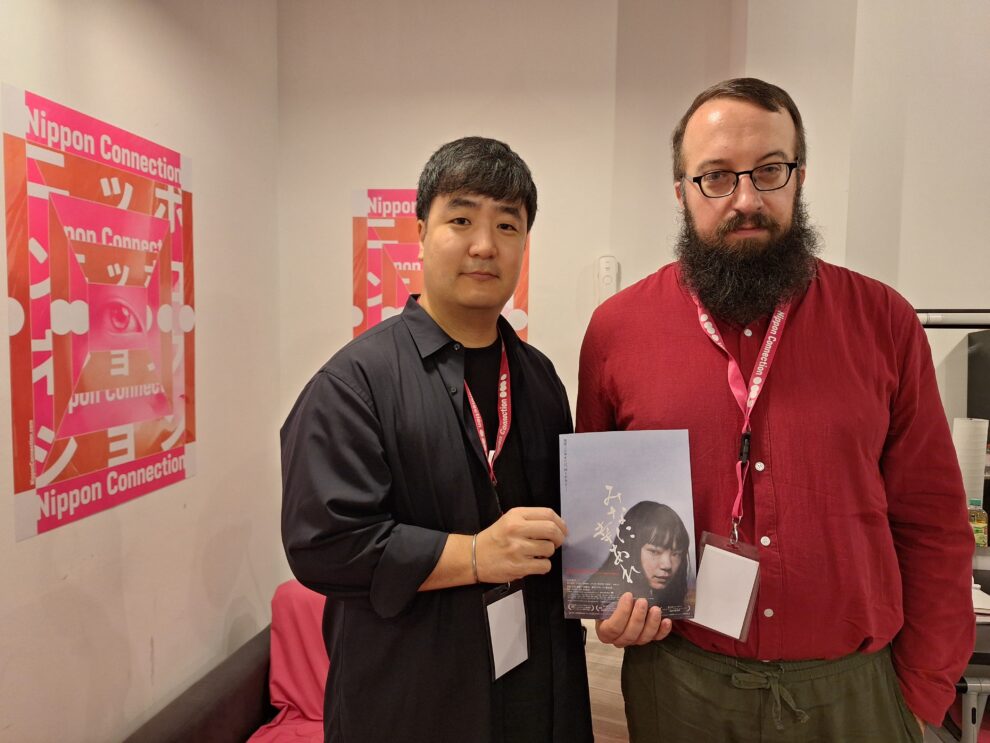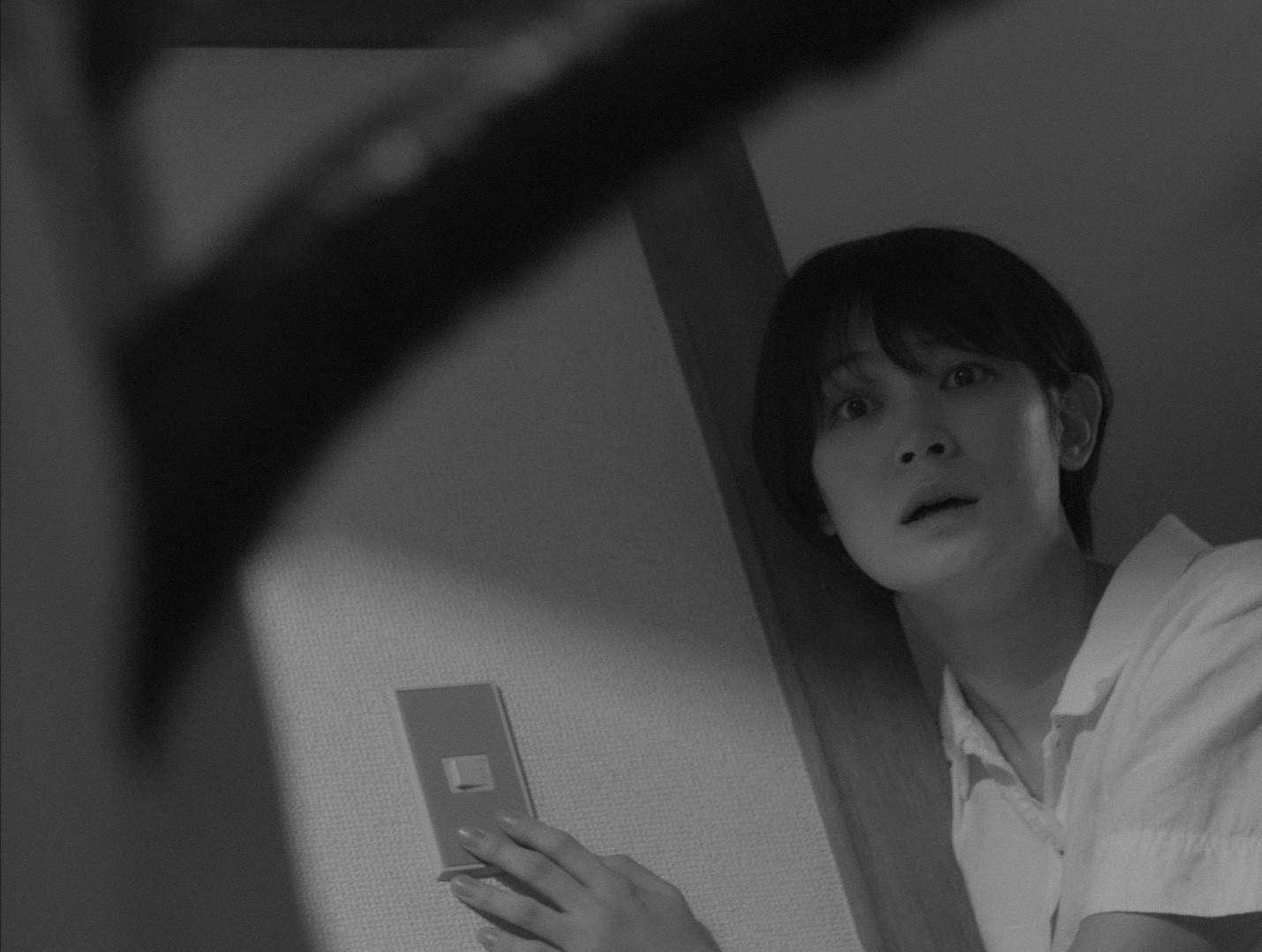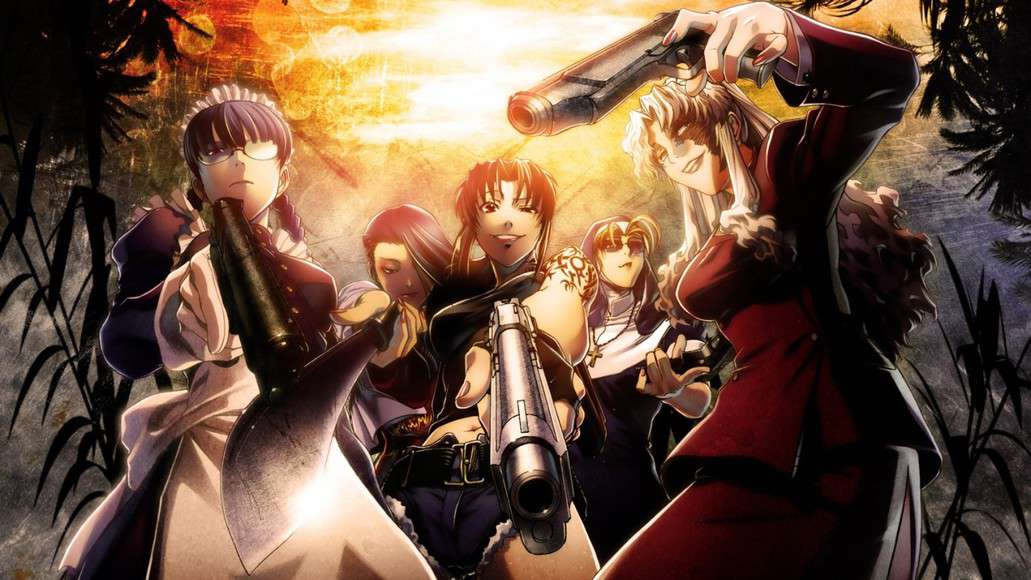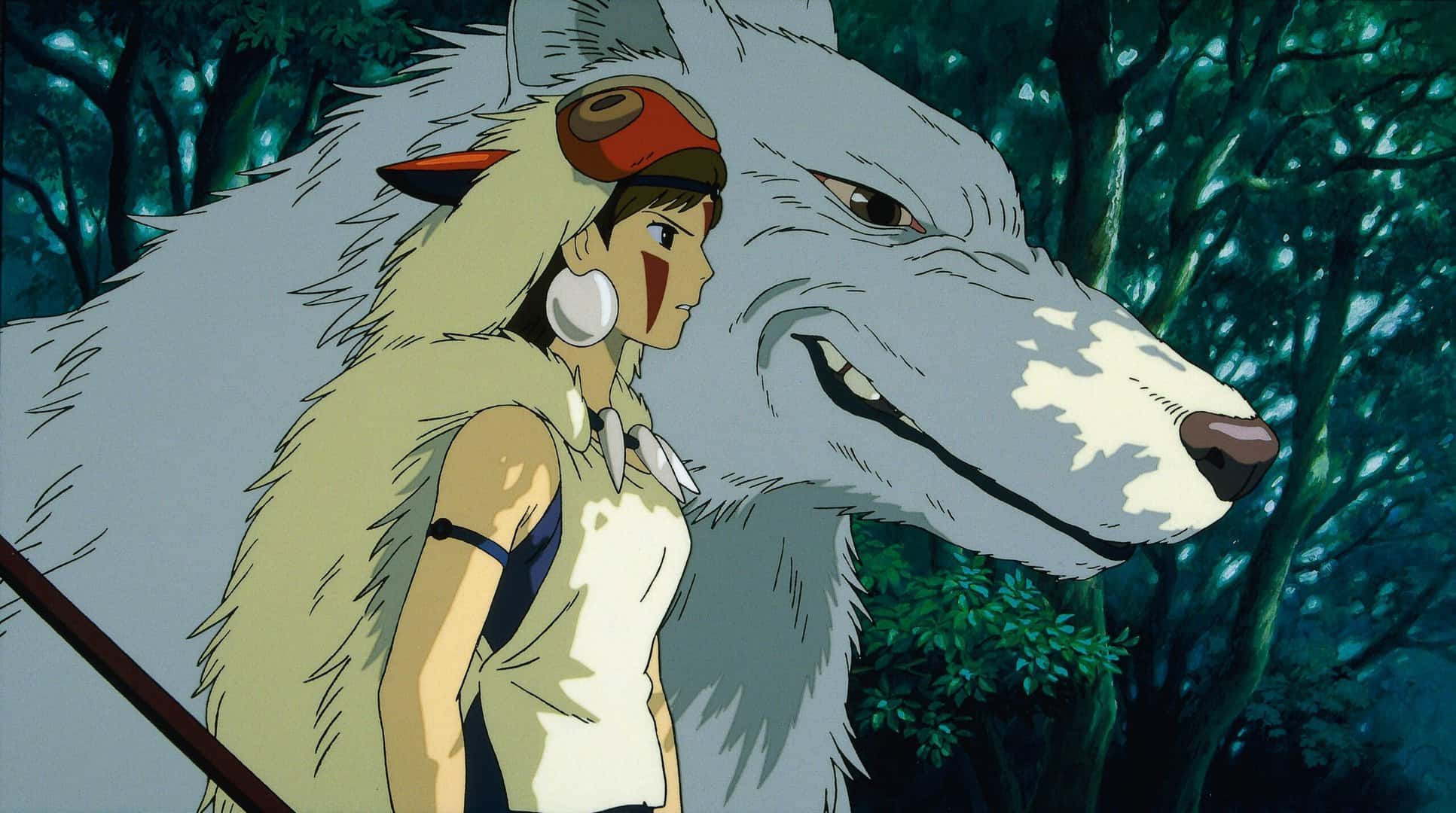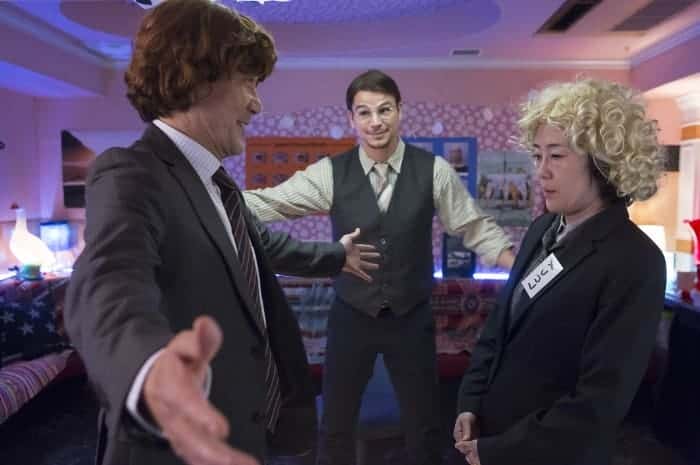Yuta Shimotsu studied engineering before he started making commercials and short features, which paved the way for him to become a director. His short feature “Dreaming to Reality” was shown in many international festivals and stressed his predilection for the horror genre. In 2020, he won the Short Horror Film Challenge organized by production company Toho and in 2022 won the grand prize at Kadokawa's Japan Horror Movie Competition for the short feature which laid the foundation for his first full length feature “Best Wishes to All”. Produced by none other than Takashi Shimizu (“Ju-On”) it is a testament to his talent within the genre but also in many ways a modernization of J-horror.
On the occasion of “Best Wishes to All” being screening at Nippon Connection we talked with the director about the themes of his feature, working with Kitone Furukawa and horror of our daily lives.

The title “Best Wishes to All” strikes me as quite ironic, especially after having watched the film.
That is half-true. One the one hand its meaning is indeed ironic, but the other is meant as a shimmer of hope.
Your feature is another great example of the distinct differences between horror made in Japan and horror made in Hollywood. What would you say is the difference between the two?
Well, in “Ju-on” or “Ring” it is more about ghosts whereas US horror films, for example, rely more on jump scares. Japanese horror is much more subtle and works with atmosphere, with the actual “scare” often happening in the background even. The audience gets the feeling there is some kind of presence, but you cannot figure out where the danger might be coming from. This is real dread and what makes J-horror so unique in my opinion.
“Best Wishes to All” works with the horror in our daily lives. Do you think we often accept something as normal even if it is the complete opposite?
I do and it is at the core of my movie, as you say. You know there is this story – I don't know if it is true or not – that when you subtract the number of happy people in the world from the number of unhappy people, the result is zero. If that is true, this could mean if someone is made unhappy, someone else on the planet must be happy in return. Happiness relies on the sacrifice or the unhappiness of others.
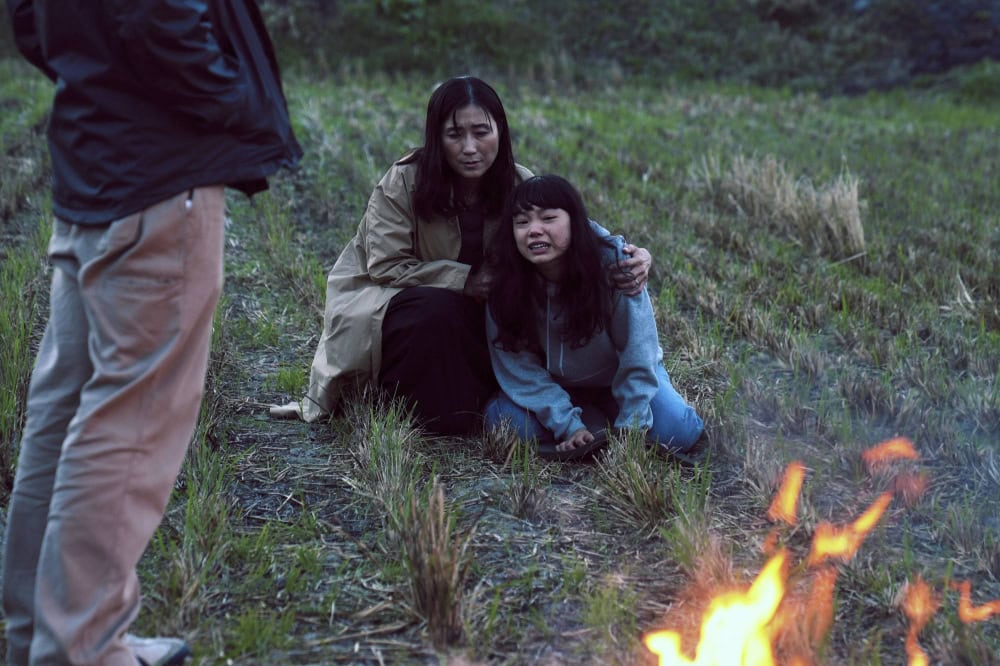
How was working with Kotone Furukawa?
She is a wonderful actress. Unfortunately, we did not have much time to prepare before the shooting, but for Kotone this was no problem as she was able to adapt quickly to the mood or action of a scene. I can barely remember having to do more than one or two takes with her as she always understood quite fast what was expected of her.
Check the interview with the actress
What did Takashi Shimizu say to “Best Wishes to All”?
When he saw the film for the first time, he remarked I should explain things a bit more or at least give the audience some subtle hints, for example, through editing or music.
That feedback surprises me as your film and “Ju-on” share the topic of accepting something horrific as normal.
We both use metaphors to express a truth about the world we live in. If we take a look at the world of the characters in “Best Wishes to All” it all seems quite horrible and bizarre, but if we think about it for a while, we might come to the conclusion this is closer to the real world than we might have initially thought.


